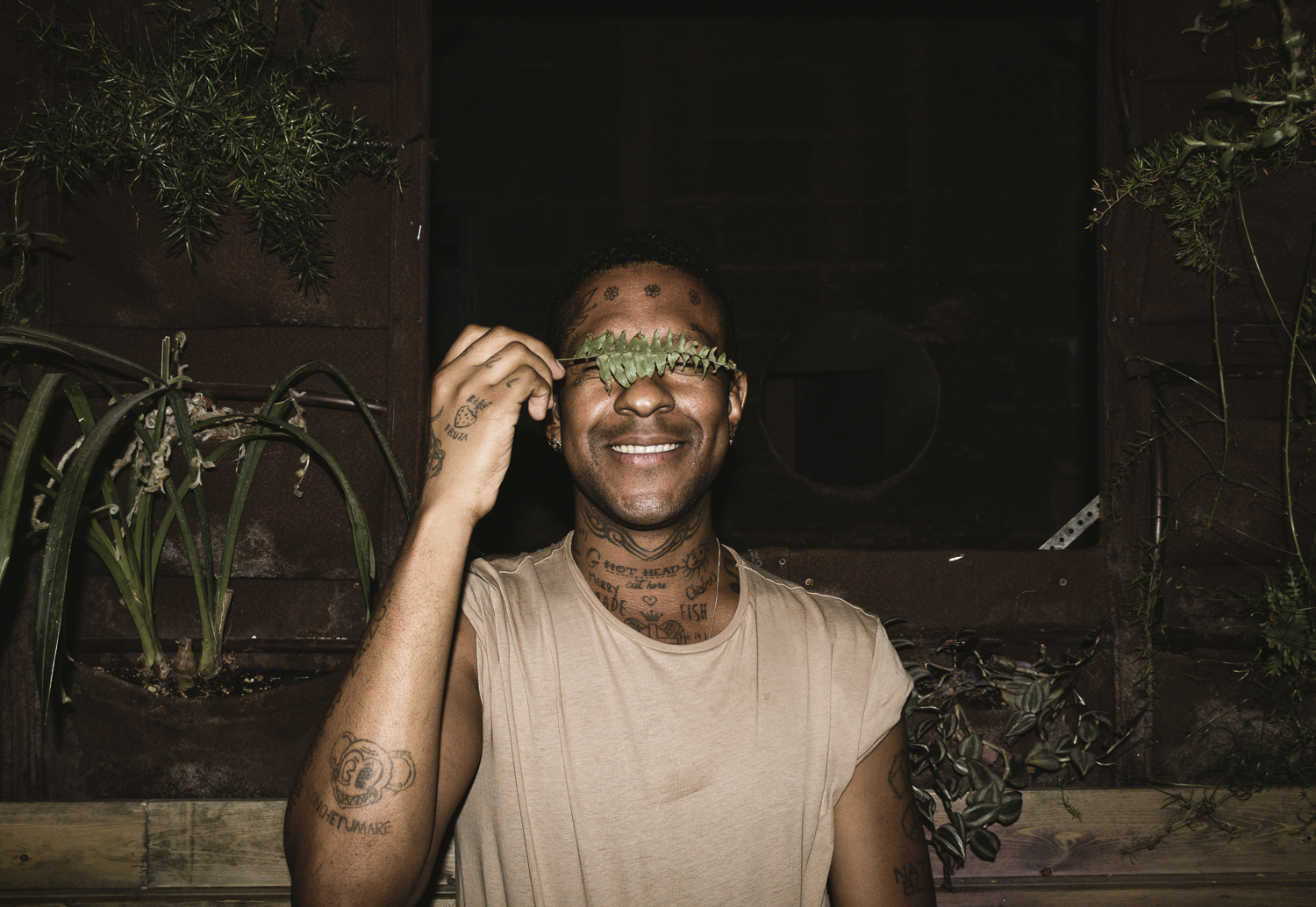If you were asked to guess where the world’s leading queer cinema festivals took place, what would yours be? I’ll happily wager that London, Berlin, LA or New York figured among your responses — but Palermo, Sicily? Though it may be better known for its sleepy yet simultaneously chaotic pace, its abundance of mosaicked Catholic churches, and being the hometown of Domenico Dolce of Dolce and Gabbana, it’s also home to the Sicilia Queer International Filmfest, a yearly celebration of some of the most adventurous work in the field of queer cinema. Arising from “the widespread demand for non-standardised, innovative, critical thought and culture”, the festival, now in its sixth year, stands at odds with the traditional climate for which its setting is perhaps better known.
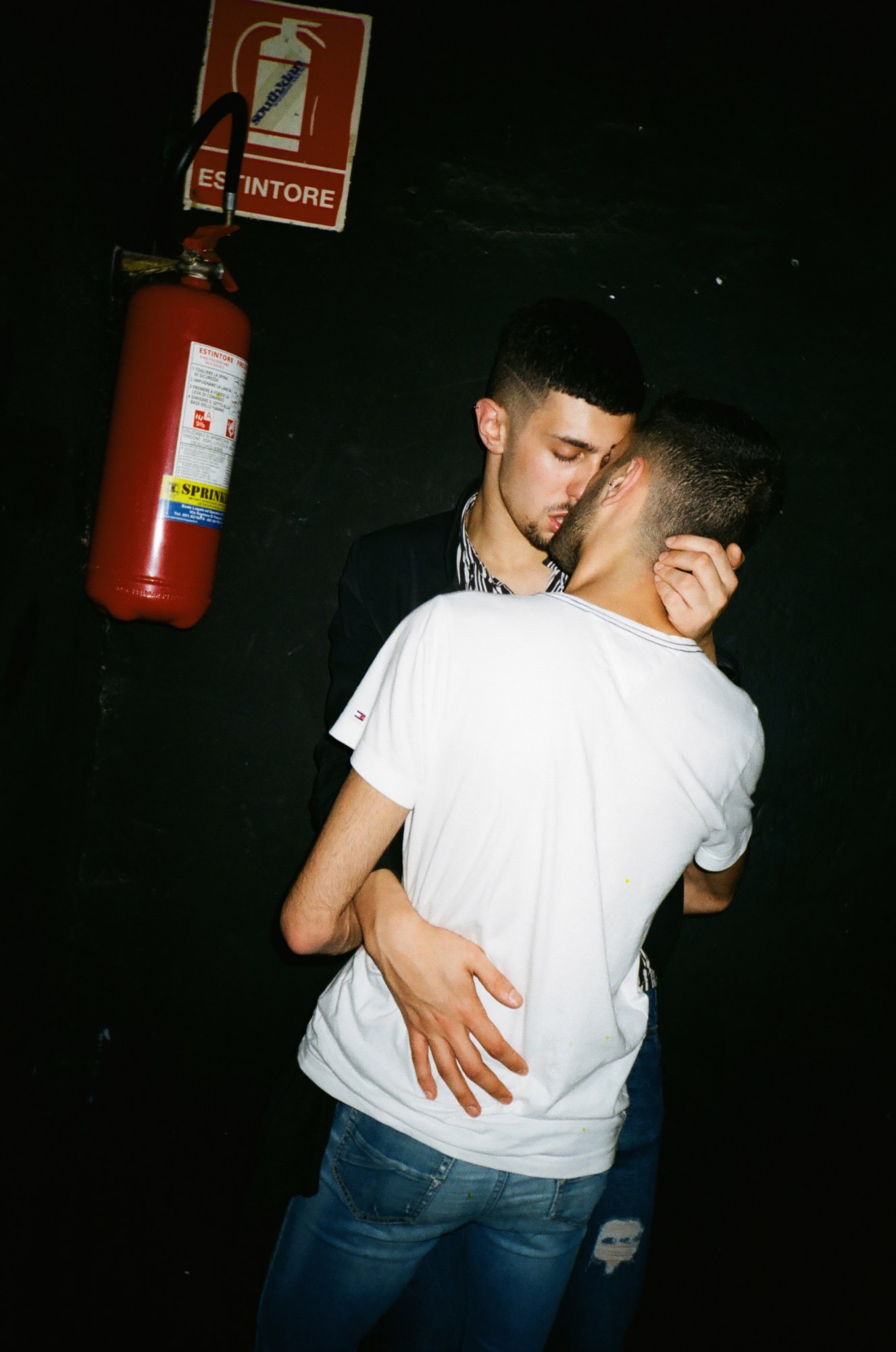
It’s what brought Mykki Blanco, the genre and gender-blurring recording artist, to the city at the beginning of the month, where he sat on a jury that assessed shorts and feature-length submissions from countries as far-ranging as Brazil, the UK and South Korea. “This was the first time I’d ever been asked to be the juror of a film festival, and it’s the first time that I’ve ever fully participated one,” Blanco explains. “I didn’t know really know what to expect, but one of the things I’ve come away from this experience is just how diverse the narratives of queerness were within each film.” The explorative scope of the films on show extend far beyond the stories and motifs one typically associates with queer art.
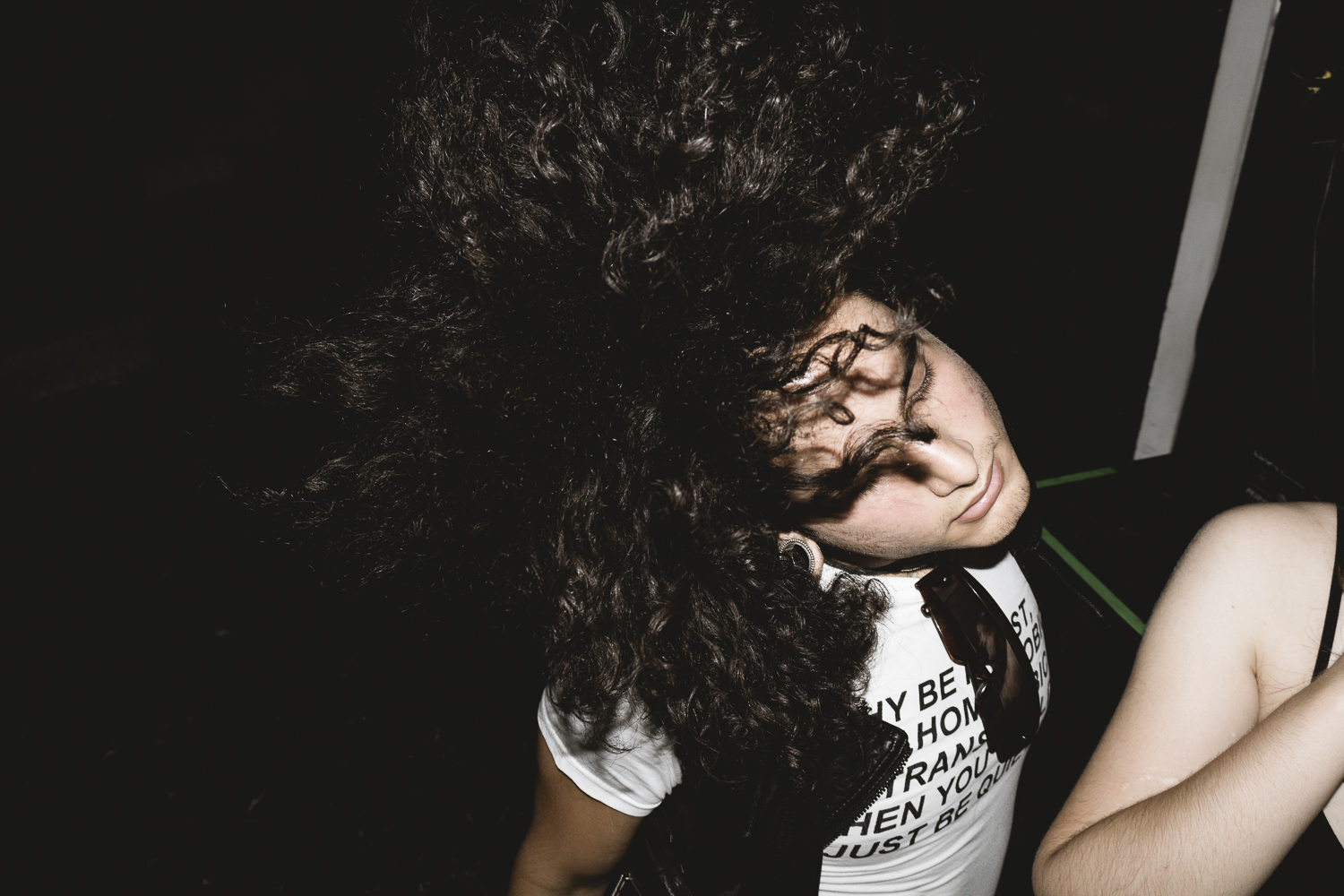
“I think that a lot of those tropes really come from this lineage of certain work in the 80s or 90s, where it was always about ‘the body’, or somehow tied to some kind of trauma or abuse: things that are all common within the queer experience, but that have, by now, been seen and done,” explains Mykki. “What I was so happy about was that so many of these queer films played with sexuality and gender in such a nuanced way, far from the tropes that have really ghettoised queer work in the past.”
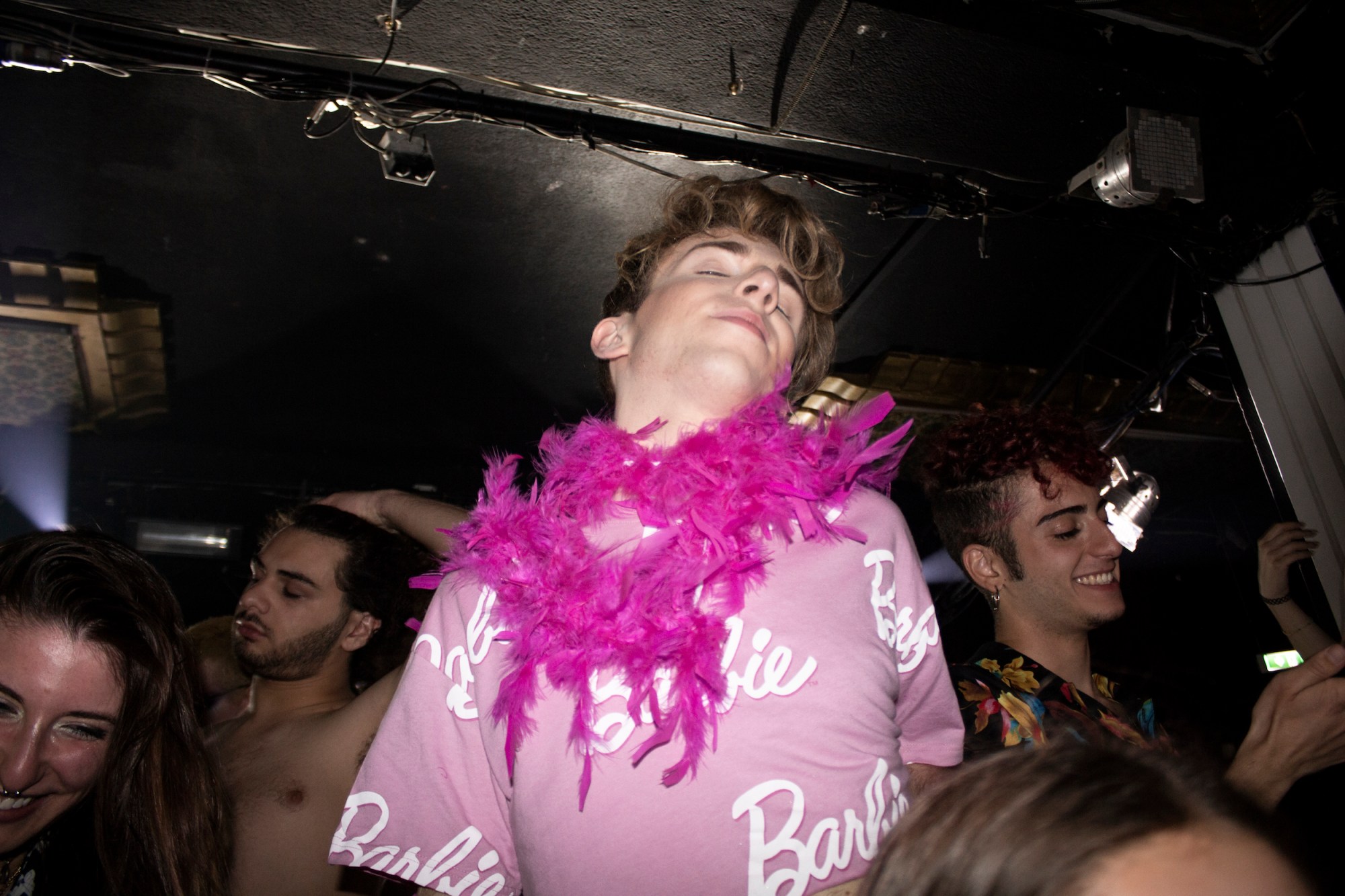
This sensitive approach to presenting queer work, exploring LGBTQ+ issues from angles beyond carnal desire and sexual identity, could in many senses be considered the festival’s hallmark. In fact, so broad is the organisers understanding of “queer” cinema that it even extends beyond the remit of the LGBTQ+ acronym, encompassing all that is “heterodox, independent [and] alternative” where the production and distribution of a film is concerned.
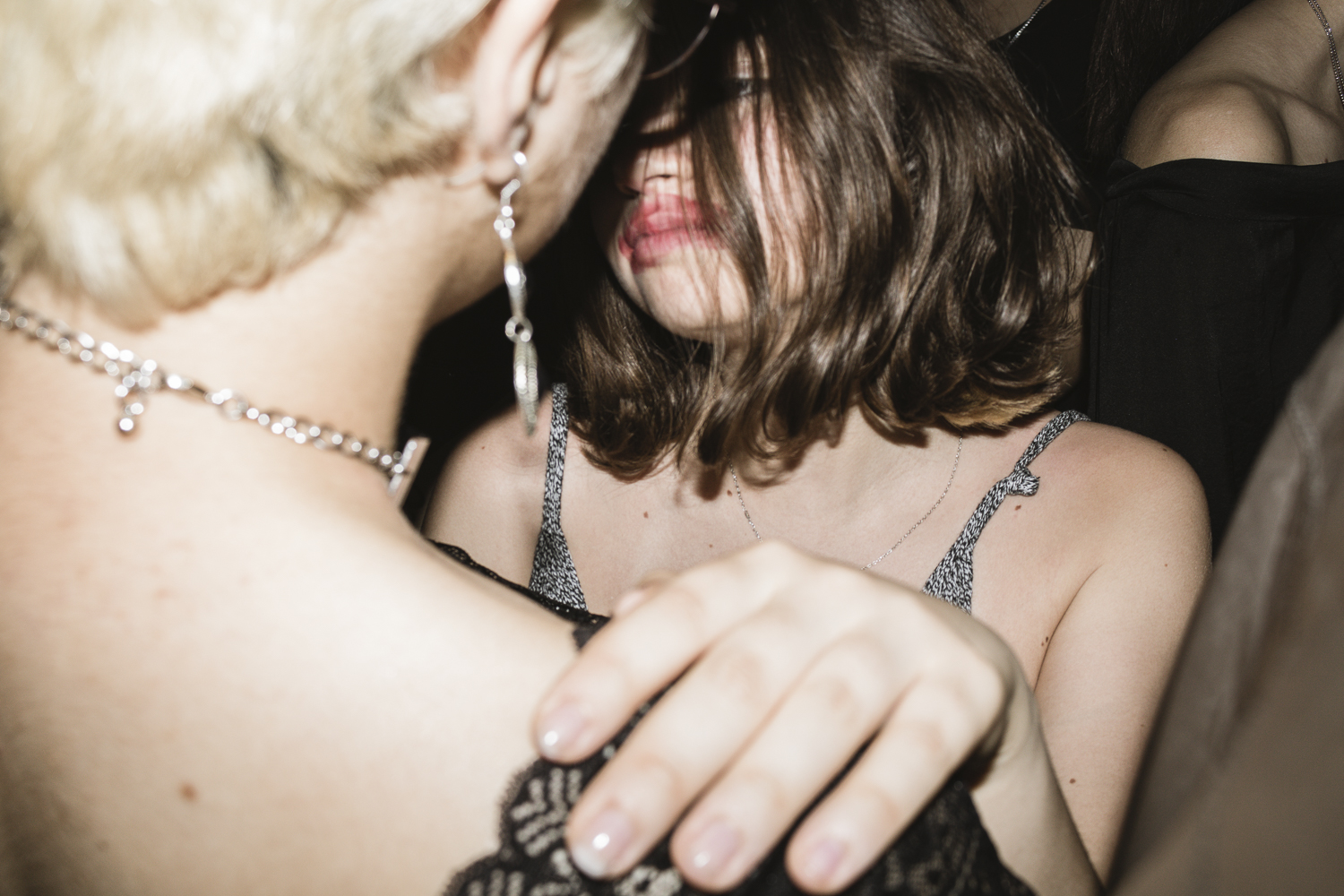
To Mykki the diversifying of portrayals of queerness is not an issue that is solely bound with the here and now, but one that necessarily involves recognising and respecting the centuries-old queer ancestries that have contributed to the wealth of contemporary narratives we witness today at film festivals and beyond. “There’s such an ancient history of what it is to be queer, and so when we make the mistake of only letting the 20th or 21st century define who and what we are, we do a disservice to ourselves as queer people, to the ancient lineage of people around the world.”
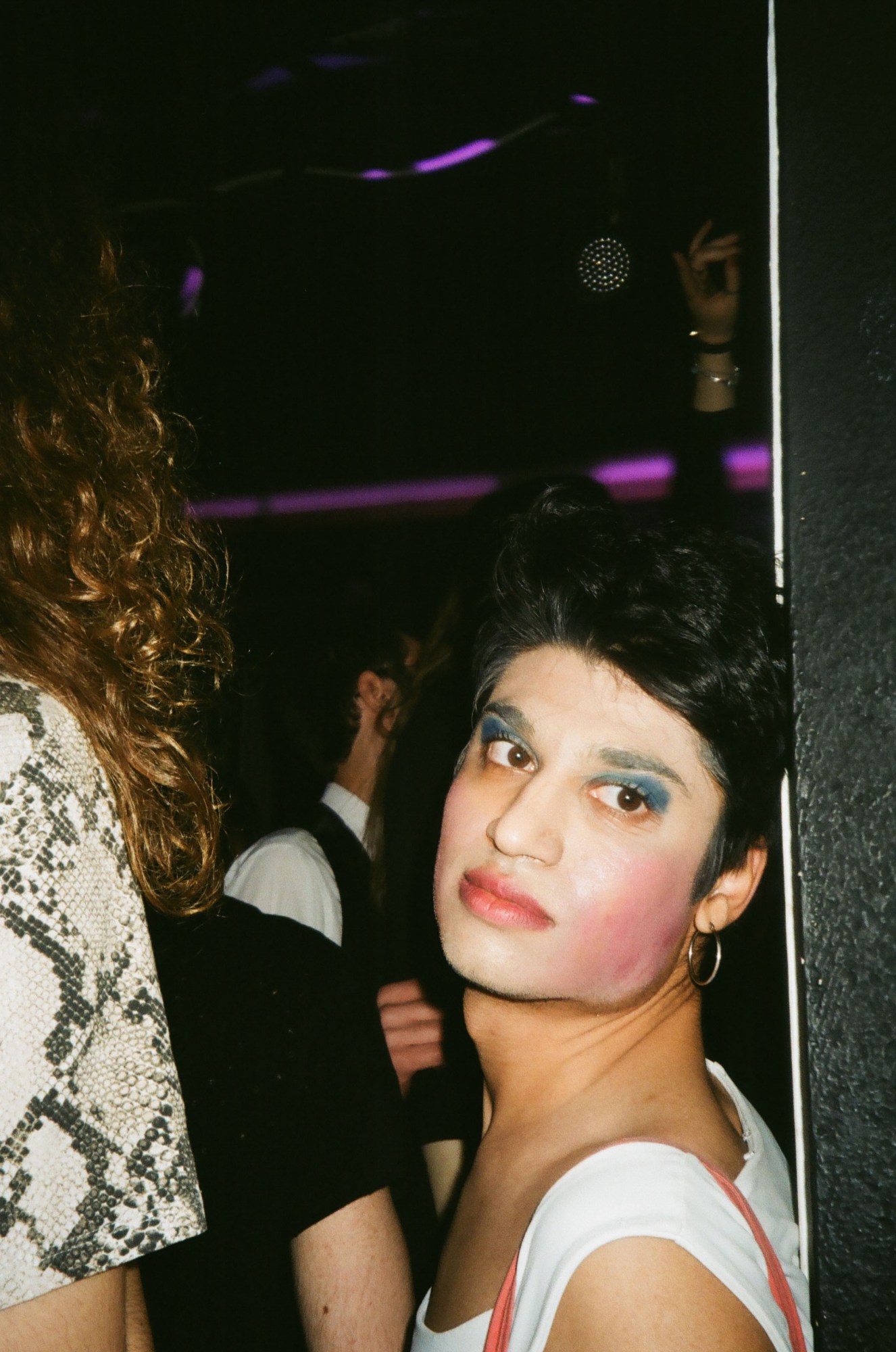
That taken into account, it’s well worth noting that, while the presentation of its subject matter is eminently contemporary, Sicilia Queer makes sure to pay its dues to its local queer history. Each year a single artist or intellectual is assigned the Nino Gennaro Award, named for the Sicilian poet, dramatist, and gay rights activist who fought to spread the message of LGBT+ culture in a climate regimented by Catholic morality and tradition. This year, to coincide with the 50th anniversary of the Stonewall Uprising, Mykki was chosen as its recipient. “Mykki Blanco is a powerful expression of the new queer current, employing his own body and existence as an expressive means,” read a statement from the festival’s organisers. “Nino Gennaro and Mykki Blanco are united by their similar pasts, by the way they perceive, understand and communicate with their bodies, and by being leaders of a queer revolution that starts with the individual and reaches the community.”
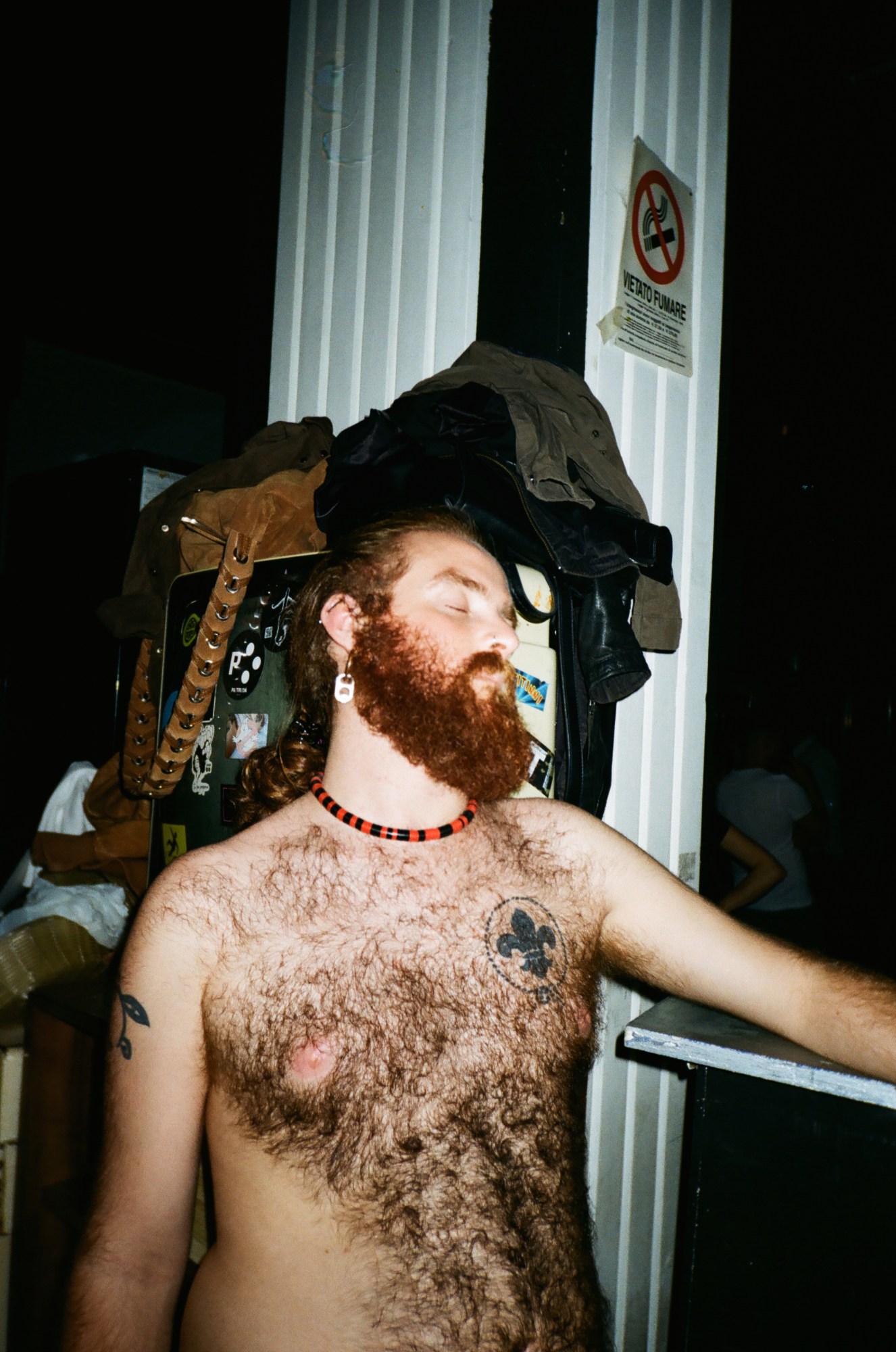
“Nino Gennaro lived in a pre-internet world, he didn’t have this digital diaspora of queer people in different continents or countries that could cheer him on and say ‘Yes, Nino, you’re doing and saying the right thing!’” continues Blanco. “It took a lot of courage for anyone like Genarro, who is a predecessor to myself, to other queer artists, and to queer people in general, to live their truth. They didn’t have anyone from the outside telling them that they were doing the right thing, but they did it anyway, knowing in their hearts that it was the right thing to do. That to me is the essence of what it means to live authentically.”
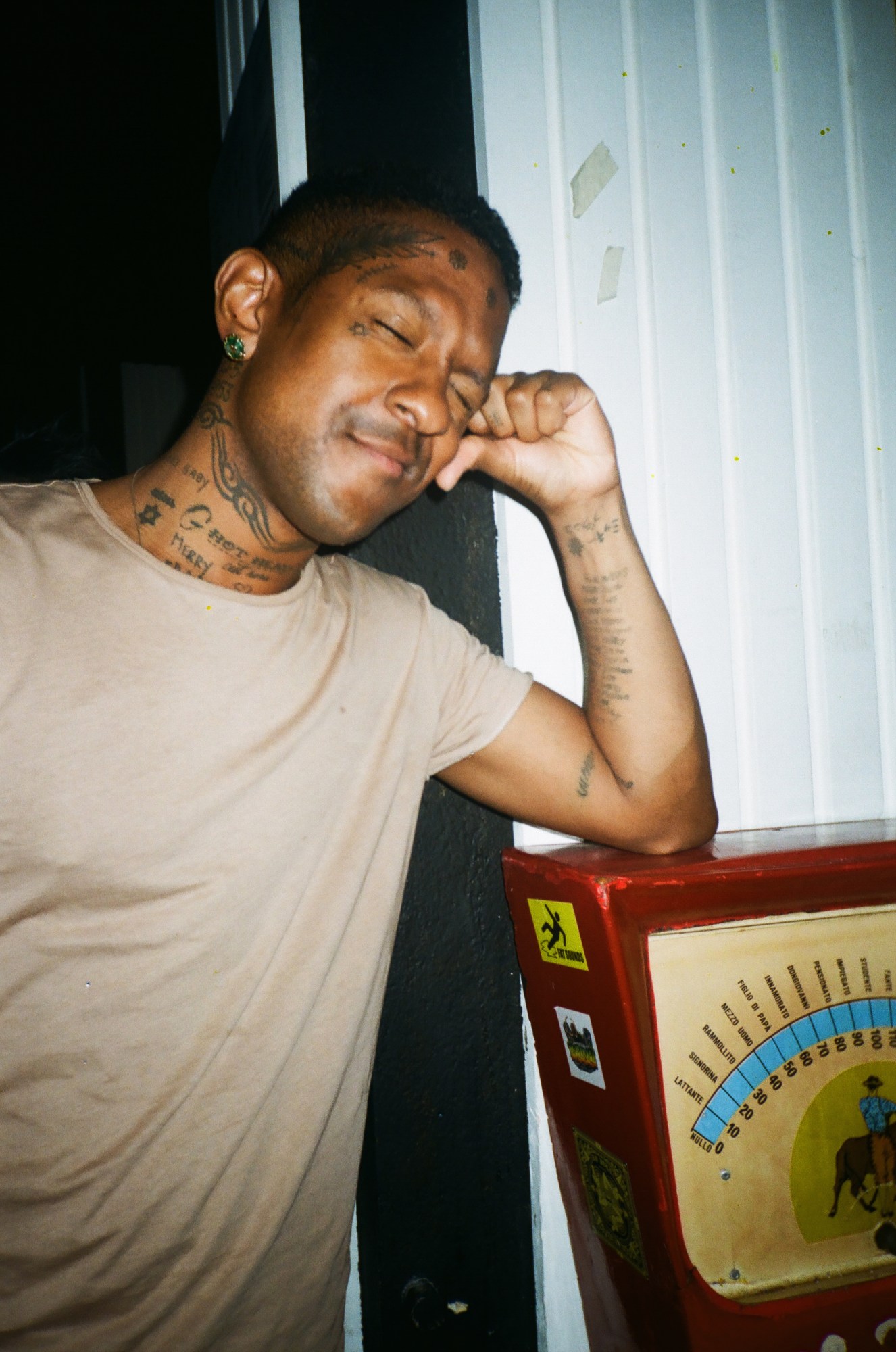
Credits
Interview by Roberto Nisi
Photography Gabriele Alongi, David Menghi and Simona Mazzara
Curated by Valerio Spada
